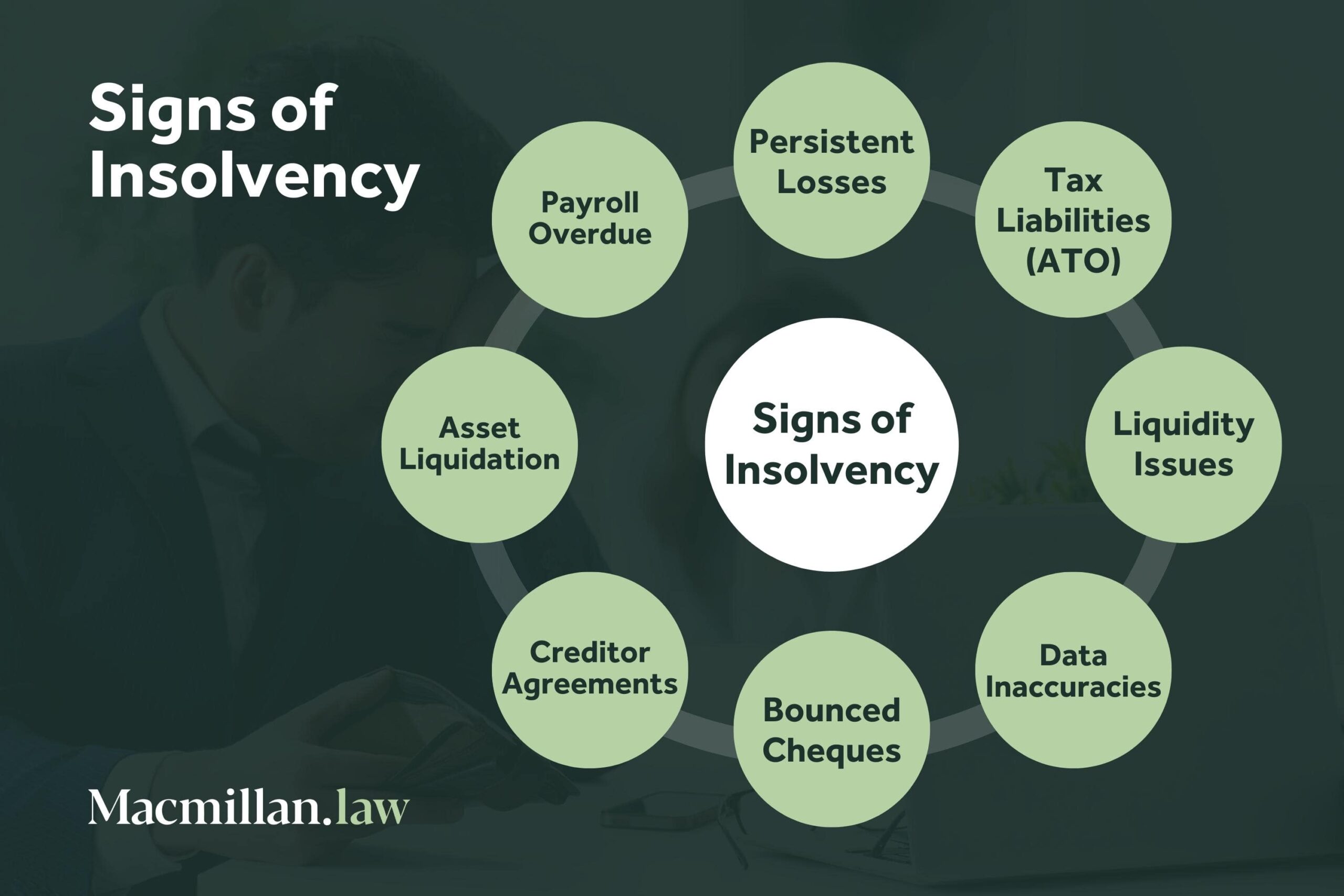About Insolvency Practitioner
About Insolvency Practitioner
Blog Article
The Facts About Insolvency Practitioner Revealed
Table of ContentsInsolvency Practitioner for BeginnersThe 7-Second Trick For Insolvency PractitionerFascination About Insolvency PractitionerThe smart Trick of Insolvency Practitioner That Nobody is Talking AboutThe Buzz on Insolvency Practitioner4 Easy Facts About Insolvency Practitioner ShownHow Insolvency Practitioner can Save You Time, Stress, and Money.
Insolvency is when liabilities are above the worth of the company, or when a borrower can not pay the debts they owe. A business can end up being insolvent due to a variety of situations that cause poor capital. When encountered with insolvency, a company or individual can call creditors directly and restructure financial obligations to pay them off.Service proprietors may get in touch with lenders directly and restructure financial obligations into more manageable installations. Financial institutions are commonly responsive to this strategy since they want to be repaid and avoid losses, also if the payment is on a delayed schedule.
The 10-Second Trick For Insolvency Practitioner
The owner produces a proposition describing how the financial debt may be reorganized utilizing cost decreases or various other prepare for assistance. The proposal reveals creditors just how the company might produce sufficient capital for successful procedures while paying its financial obligations. Typically, a forgiven financial obligation may be taken into consideration revenue by the Internal Profits Service (IRS).

The Buzz on Insolvency Practitioner
When procedures cease, so does the firm's income (Insolvency Practitioner). Some business come to be financially troubled because their products or solutions do not develop to fit customers' transforming needs.
Expenditures exceed profits and costs stay overdue. Types of insolvency consist of cash-flow bankruptcy and balance-sheet insolvency. Cash-flow insolvency occurs when a business has the properties to cover their financial obligations yet they are in the wrong kind, such as property as opposed to liquid funds. Balance-sheet bankruptcy, on the various other hand, shows a lack of possessions in any type of kind to cover debts.
The IRS states that an individual is financially troubled when the total responsibilities surpass overall possessions. A insolvency, on the various other hand, is a real court order that shows how a financially troubled person or service will pay off their financial institutions, or how they will sell their possessions in order to make the settlements.
9 Simple Techniques For Insolvency Practitioner

Recognizing the aspects that can cause insolvency, such as overspending, can aid you protect against insolvency and its effects.
Things about Insolvency Practitioner
It is popular that directors and policemans of firms (and managers of restricted liability business) owe fiduciary obligations to their organizations and their investors (or participants). These fiduciary responsibilities are specified by state statutes and, though there are variants from one state to another, they typically include a duty of commitment and a task of care.
The duty of care needs directors and policemans to exercise persistance, to make enlightened decisions, and to act in good confidence to ensure that their activities remain in the best rate of interest of the firm. Though past the extent of this discussion, some states allow these tasks to be restricted either by so keeping in mind in the business records or complying with other demands.
5 Easy Facts About Insolvency Practitioner Shown
Most states define bankruptcy in two ways( 1) when a company's liabilities become more than the amount of its properties or (2) when the business becomes incapable to pay its financial obligations as they end up being dueand welcome both meanings (Insolvency Practitioner). The change in duties takes place since when a company is insolvent, there is no worth in the company past that owed to the business's creditors to make sure that the equity owners no longer have an economic stake in the firm
Take care regarding providing investors favoritism at the cost of financial institutions (e.g., authorizing and funding a dividend or a stock redemption). Be careful regarding favoritism in between classes of investors. Clear up initiatives to find out all the realities prior to taking a specific course of activity; directors should truly think that any decisions made are click here for info in the most effective interests of the company in its whole (i.e., decisions will be examined in hindsight in light of the impact of such actions on the company).
In any kind of insolvency or bankruptcy proceeding, repayments made to specific creditors at the cost of other lenders can be clawed back, particularly if there is some connection in between the business and view it the financial institution. Think about proposing at a yearly investor meeting (or any other meeting of investors) a resolution affirming that all previous service choices and actions taken by the supervisors and police officers of the company were taken in great confidence after an exercise of reasonable treatment.
Insolvency Practitioner Things To Know Before You Get This
Completely disclose any type of individual or company relationships with celebrations beyond of transactions entailing the corporation to stay clear of the look of a dispute of interest. In reviewing potential fund increasing purchases or a sale of possessions of the struggling corporation, be conscious that these deals may be inspected later on in light of any succeeding expansion of supervisors' fiduciary obligations to include lenders.
Report this page